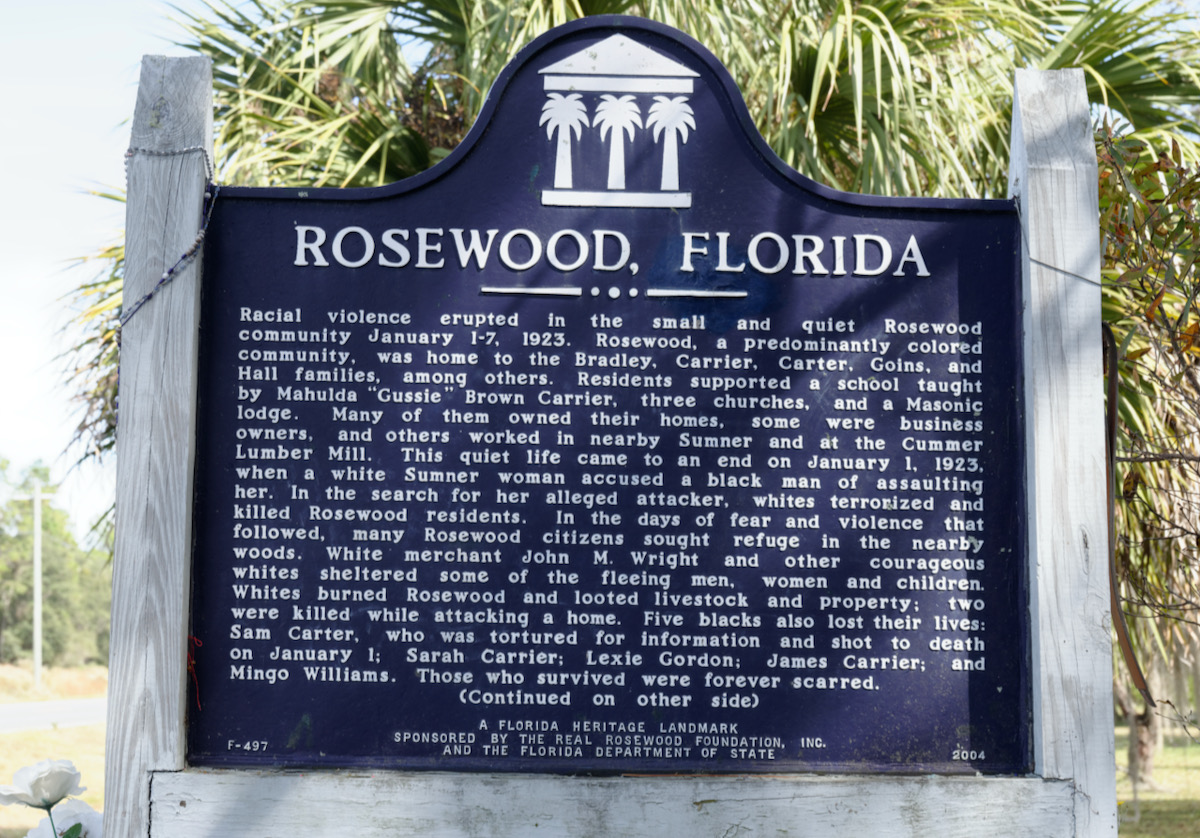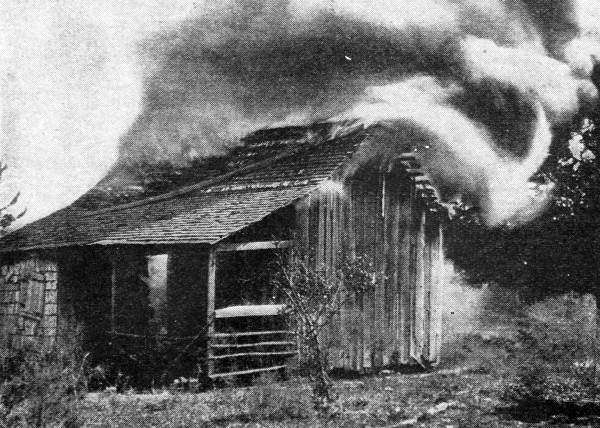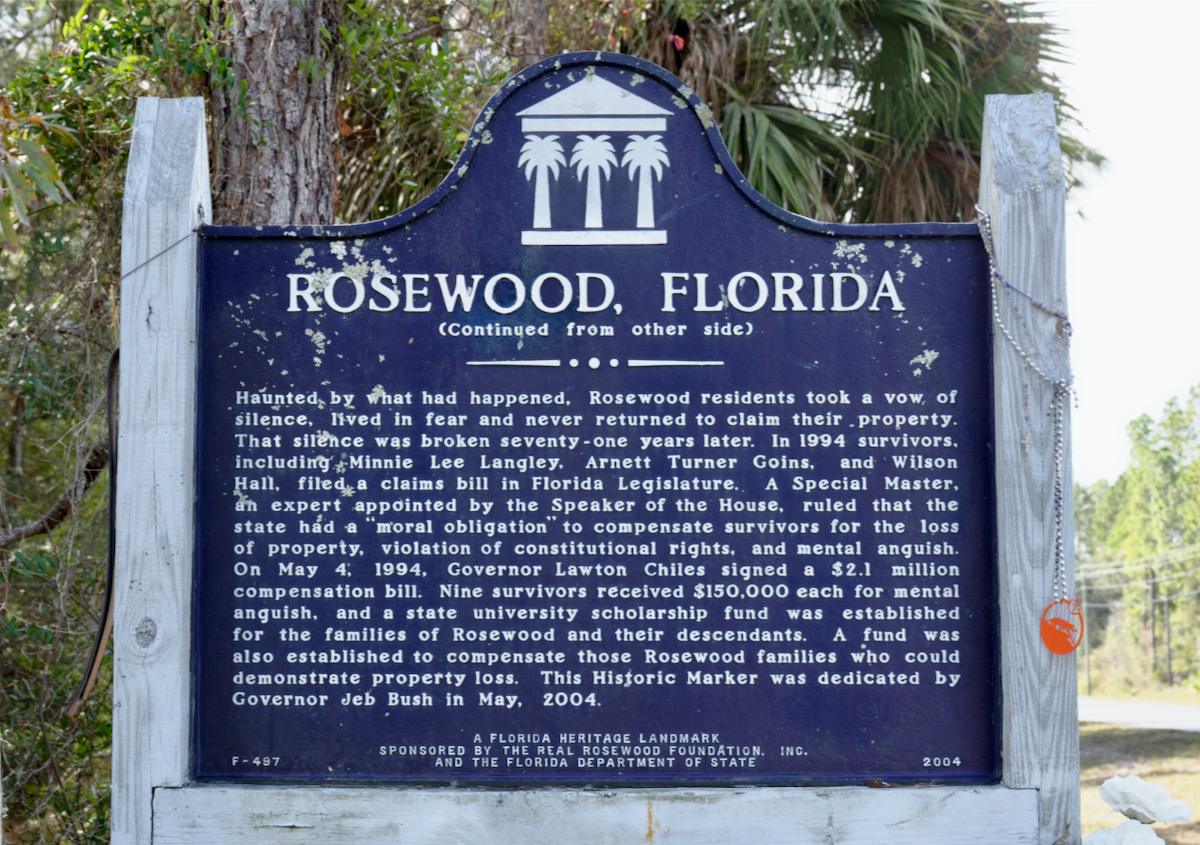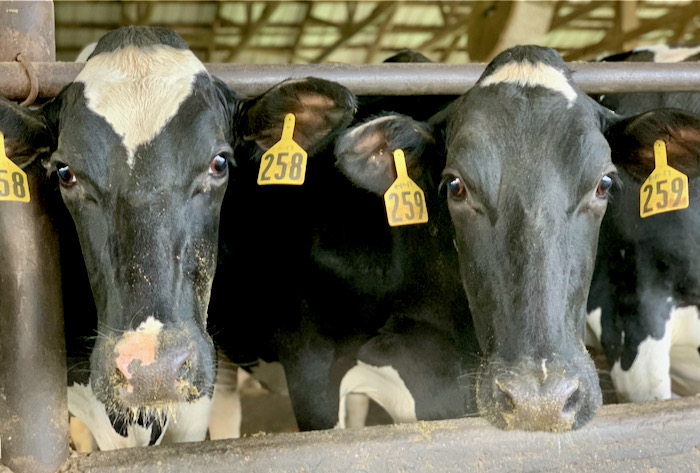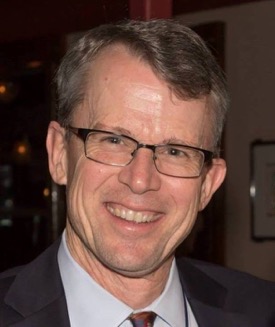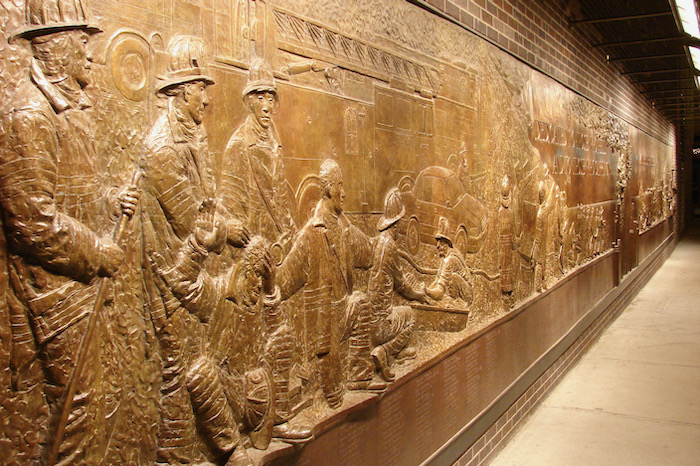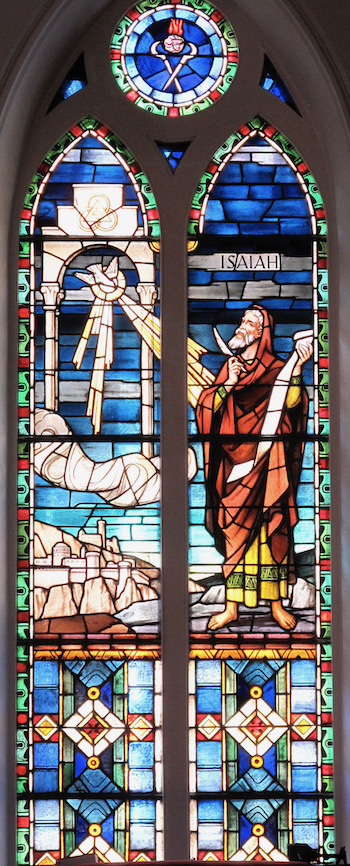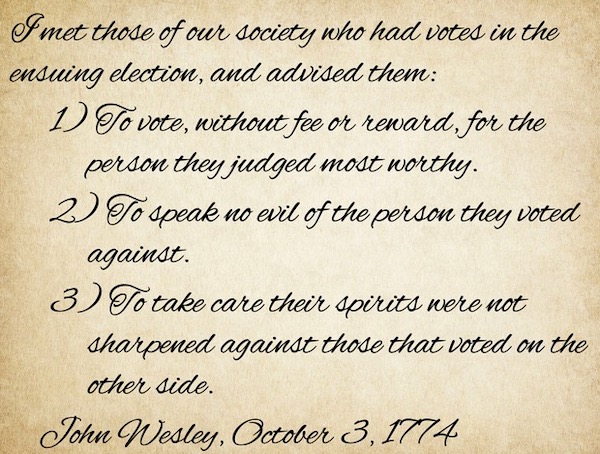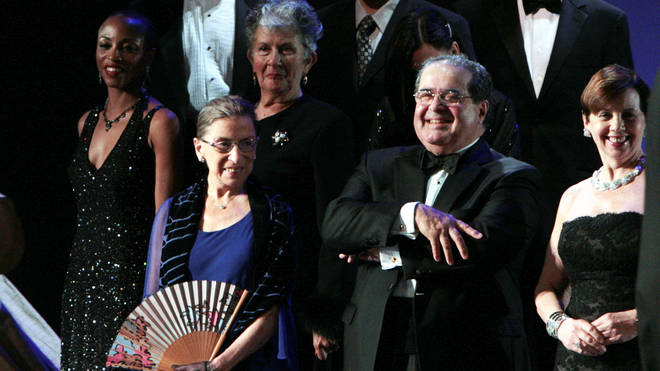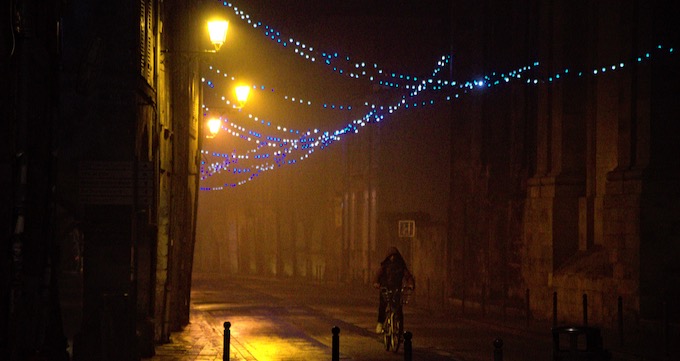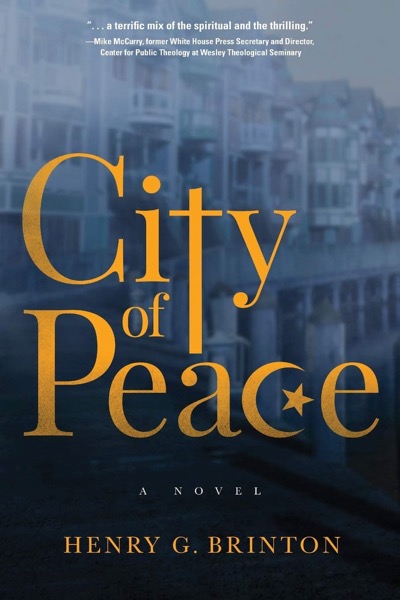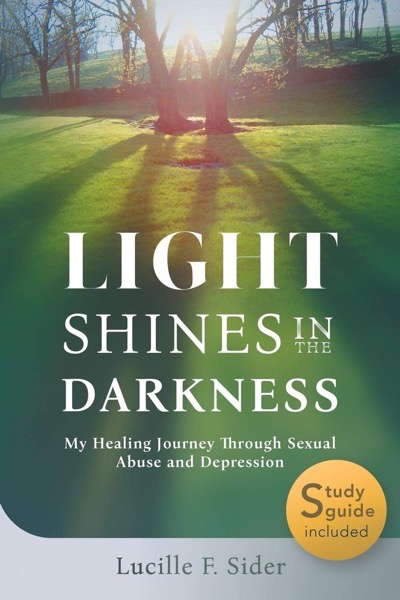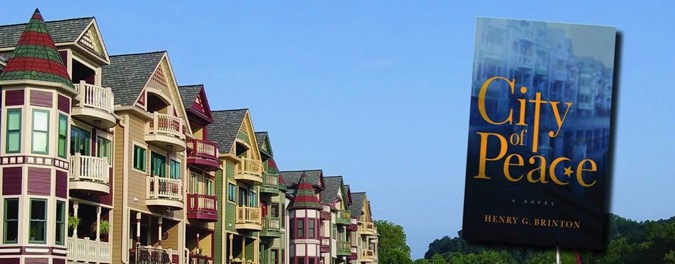
“Earthrise” is a photograph of Earth and some of the Moon’s surface that was taken from lunar orbit by astronaut William Anders on December 24, 1968, during the Apollo 8 mission. Nature photographer Galen Rowell described it as “the most influential environmental photograph ever taken.” NOTE TO OUR READERS: The Earthrise image is in public domain and could be used in any of your own media materials from blog posts and social media to programs, bulletins and newsletters printed for congregations. Here’s a link to the main public-domain page on Wikimedia Commons from which you can download the image in a range of sizes.
Ways to preach harmony between humans and the natural world.
By HENRY BRINTON
Author of Windows of the Heavens
“The climate time-bomb is ticking,” said António Guterres, secretary-general of the United Nations, in a statement released one month before Earth Day, April 22, 2023. “Humanity is on thin ice—and that ice is melting fast.”
The U.N. report is based on the findings of hundreds of scientists and gives an assessment of how the climate crisis is affecting the Earth. (You can explore the full report here—and then there’s also this Wikipedia overview of the report with helpful annotations.)
“This report is the most dire and troubling assessment yet of the spiraling climate impacts we all face if systemic changes are not made now,” says Sara Shaw, program coordinator at Friends of the Earth International.
According to the report, the impacts of pollution are more severe than expected, moving us toward dangerous and irreversible consequences. Concentrations of carbon pollution in the atmosphere are at their highest level in the past two million years, and the rate of temperature rise over the past 50 years is the highest in the past 2,000 years.
“Our planet is already reeling from severe climate impacts,” said Ani Dasgupta of World Resources Institute, “from scorching heat waves and destructive storms to severe droughts and water shortages.”
Arati Prabhakar, the director of the White House Office of Science and Technology Policy, said that the new U.N. report “underscores the urgent need for leaders in every sector and every country to step up and take bold climate action.”
Are you tempted toward ‘a Very Dark Path’?
The fight against pollution is an effort that unites people of every faith who want to care for God’s creation. But the fouling of our planet and its atmosphere has frightened many, including some who are consumed by feelings of doom. According to a report by The Washington Post’s Shannon Osaka, a man named Sean Youra started watching documentaries about climate change when he was 26 years old and working as an engineer. He was horrified by what he learned about melting ice and rising extreme weather.
Youra started spending hours on YouTube, watching videos made by scientists who warned that the world was on the edge of societal collapse. He became a climate “doomer,” and started telling his friends and family that he was convinced that the end of humanity was near. “It all compounded and just led me down a very dark path,” he said. “I became very detached and felt like giving up on everything.”
Such a grim view of the planet’s future is not unusual. It can be driven by religious texts as well as by scientific reports. “For much of my life, I treated the Book of Revelation like foul-tasting medicine,” writes professor Dean Flemming in Christianity Today. “I knew it was probably good for me, but if you gave me the chance, I’d avoid it.”
As a teenager, Flemming’s youth group watched a movie that pictured the horrors of being left behind on Earth after Christians were taken to heaven. It scared him. Later, he read prophecy books that tried to make connections between current events and the Bible’s script for the end of the world. They confused him. So he gave up trying to understand Revelation.
Instead, ‘Start Engaging in Your Community’
Now, Flemming says he has found a new lens. Instead of looking at the book through a prediction lens, he has begun to look at it through a missional lens. Using this lens, he sees that Revelation “concerns what God is doing in the world to bring about salvation and healing at every level and how God’s people participate in that sweeping purpose.” The book “shows us the ultimate goal of God’s loving purpose for the world, which is ‘making all things new’.” (Revelation 21:5)
This work of God includes many aspects of life, but at least one dimension is care for creation, often defined as stewardship of the natural world.
According to The Washington Post, the problem with climate “doom” is that it can cause paralysis that leads to a failure to act in a helpful way. Some amount of hope, combined with a belief that personal actions can make a difference, can keep people engaged in activities that care for God’s creation. When faced with a frightening future, Christians can look through a missional lens and take positive actions. They can find hope by participating, as Flemming says, in God’s “sweeping purpose.”
Or, in the Washington Post story, Youra has advice for those who are suffering from the same sort of fatalism that he once felt. “Stop engaging excessively with negative climate change content online and start engaging in your community,” he said. “You can be one of those voices showing there is support for the solutions.”
How do we find ‘Support for Solutions’?
The recent U.N. report was not all doom and gloom. It also set out hopeful pathways that could keep the world on track to reduce pollution. The report is “a sound blueprint for a much safer and more equitable world,” said Dasgupta of World Resources Institute.
The report calls for moving away from fossil fuels and investing in renewable energy, in an effort to limit warming to within 1.5 degrees.
In addition, the report suggests investing in areas that would build resilience to climate impacts, and increasing support for people in vulnerable countries struggling with climate-related losses. One innovative suggestion is to remove carbon from the air through technology such as “direct air capture,” and then possibly injecting it underground.
The report reminds us that, even in the direst circumstances, doom is not the only choice.
The report points toward international cooperation as essential to combat climate change in a measurable way, especially by engaging young people, indigenous communities as well as civic and business leaders. “International cooperation is a critical enabler for achieving ambitious climate change mitigation goals,” the report concludes.
A Novelist’s Illustration:
Starting with the End of the Story
In my novel Windows of the Heavens, a Methodist pastor named Harley Camden preaches a sermon based on the 22nd chapter of Revelation. He begins by reading the Scripture, “Then the angel showed me the river of the water of life, bright as crystal, flowing from the throne of God and of the Lamb through the middle of the street of the city. On either side of the river is the tree of life with its twelve kinds of fruit, producing its fruit each month; and the leaves of the tree are for the healing of the nations.”
Harley closes his Bible and looks out over a sea of perplexed faces.
“An ancient philosopher named Seneca gave this advice,” says Harley: “Let all your efforts be directed to something, let it keep that end in view.” He notes that Seneca’s insights were picked up many years later by Steven Covey in his best-selling book, Seven Habits of Highly Effective People. “Covey suggests that one of the keys to successful and effective efforts is to ‘begin with the end in mind.’”
Harley senses that he is not setting the house on fire, but he continues by saying, “Today’s Scripture is the end of the story. It is the goal to which God is moving, from the first day of creation to the end of time. In the end, according to Revelation, there will be a river, clean and refreshing, as bright as crystal. Notice what we see here: A river in the middle of a city. A river that flows through an inhabited area, much as the Occoquan River flows through our town. But is our river as bright as crystal? I’m afraid not.”
He reflects on a flood that had recently swept through the town, causing tremendous damage. Then he says, “If the relationship between the river and the city was nothing more than a scientific thing, I would not be preaching on it. But because it matters to God, because it appears in the Bible, I have to proclaim it to you. God wants there to be harmony between water and cities, and between plant life and human developments.” Harley pauses to let that message sink in. “Begin with the end in mind.”
Harley goes on to make suggestions about how the people of the church could put on a missional lens and care for the environment by replacing inefficient light bulbs at home, turning off computers at night, and eliminating unnecessary car trips. He also invites them to form a “green team” at the church, one that would promote recycling, replace energy-inefficient equipment, and create a community garden.
Yes, the end may be near. But we can choose hope over doom, by taking action to help create the end that God desires: One in which there is harmony between humans and the natural world. Together, as people of a variety of faiths, we can participate in God’s sweeping purpose, the renewal of all things.
.
Care to learn more?
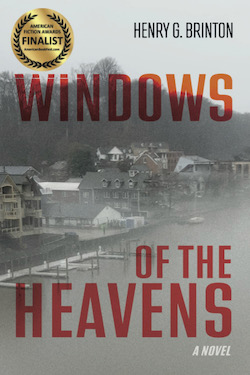 Henry G. Brinton is an author and a Presbyterian pastor who has written on religion and culture for The New York Times, The Washington Post, USA Today and Huffington Post. A frequent speaker at workshops and conferences, he is the author of books ranging from Windows of the Heavens to The Welcoming Congregation: Roots and Fruits of Christian Hospitality. Henry and his wife, Nancy Freeborne-Brinton, have two children, Sarah and Sam. An endurance athlete, Henry has completed a marathon, triathlon or century bike ride a year since the year 2000.
Henry G. Brinton is an author and a Presbyterian pastor who has written on religion and culture for The New York Times, The Washington Post, USA Today and Huffington Post. A frequent speaker at workshops and conferences, he is the author of books ranging from Windows of the Heavens to The Welcoming Congregation: Roots and Fruits of Christian Hospitality. Henry and his wife, Nancy Freeborne-Brinton, have two children, Sarah and Sam. An endurance athlete, Henry has completed a marathon, triathlon or century bike ride a year since the year 2000.
.
.
